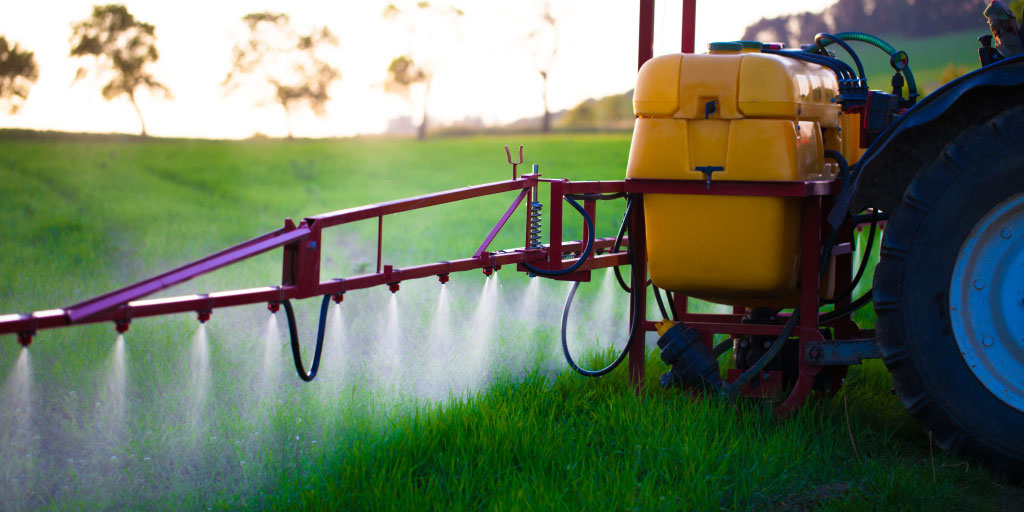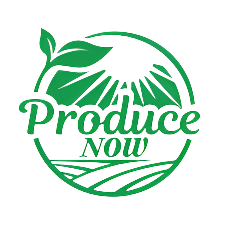
Environmental Impact
The reality is conventional farming is not sustainable. Every season of chemical use damages the soil, contaminates water, and reduces long-term food security. Produce Now is committed to changing that with clean, pesticide-free farming.
-
Soil Degradation and Erosion
Pesticide-heavy farming is eroding the very ground our food depends on. These chemicals strip away natural fertility, destroy beneficial microbes, and accelerate soil loss — leaving behind land that is harder to regenerate with every season. Around the world, soil health has become a top priority, yet here in the U.S., chemical-intensive farming continues to push us toward long-term collapse.
-
Biodiversity in Decline
The impact on wildlife has been devastating. Pollinators like bees and butterflies are disappearing due to pesticide exposure, while bird populations have fallen by billions as poisoned food chains collapse. Without biodiversity, entire ecosystems weaken, food systems fail, and the balance of nature itself is disrupted.
-
Water and Air Contamination
Pesticides don’t stay where they are sprayed. They drift through the air into neighboring communities and seep into waterways, contaminating rivers, lakes, and drinking supplies. Once in the ecosystem, many of these chemicals persist for years — leaving behind pollution that affects plants, animals, and people alike.

